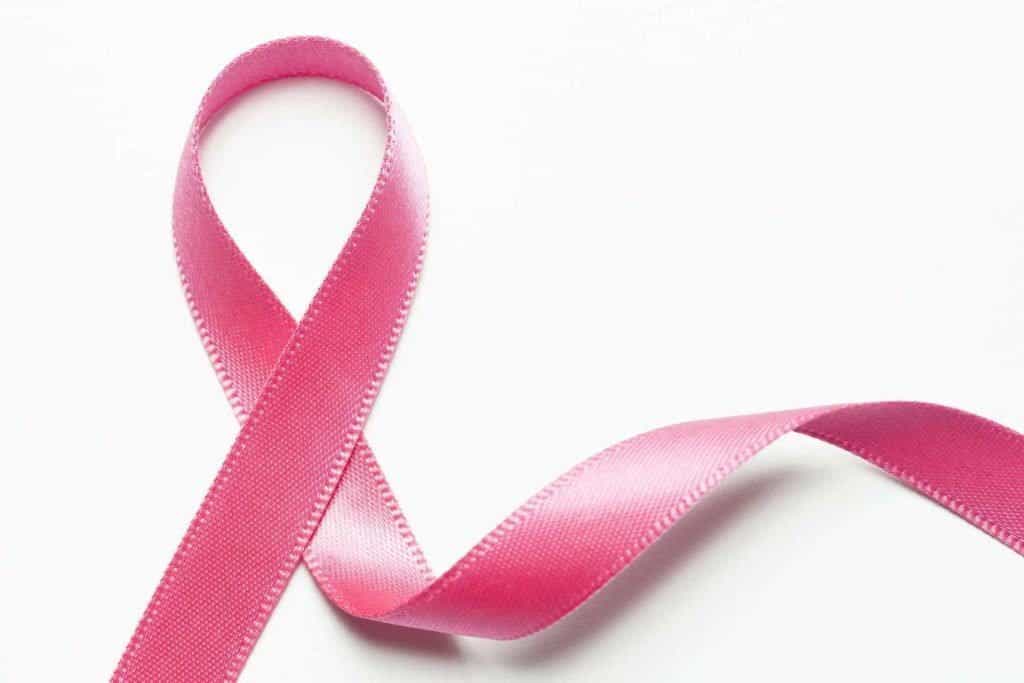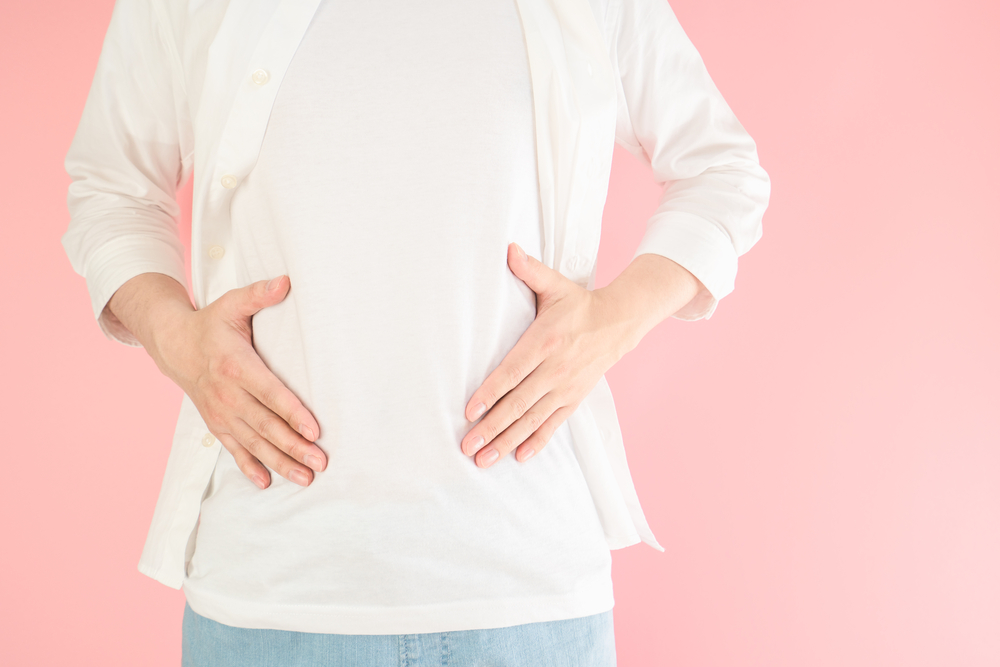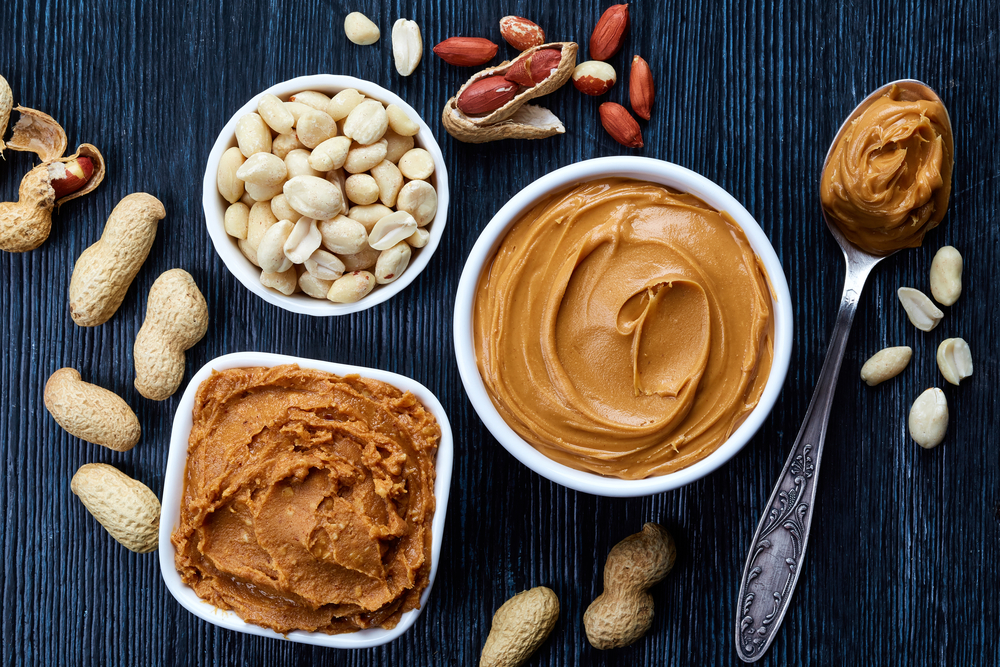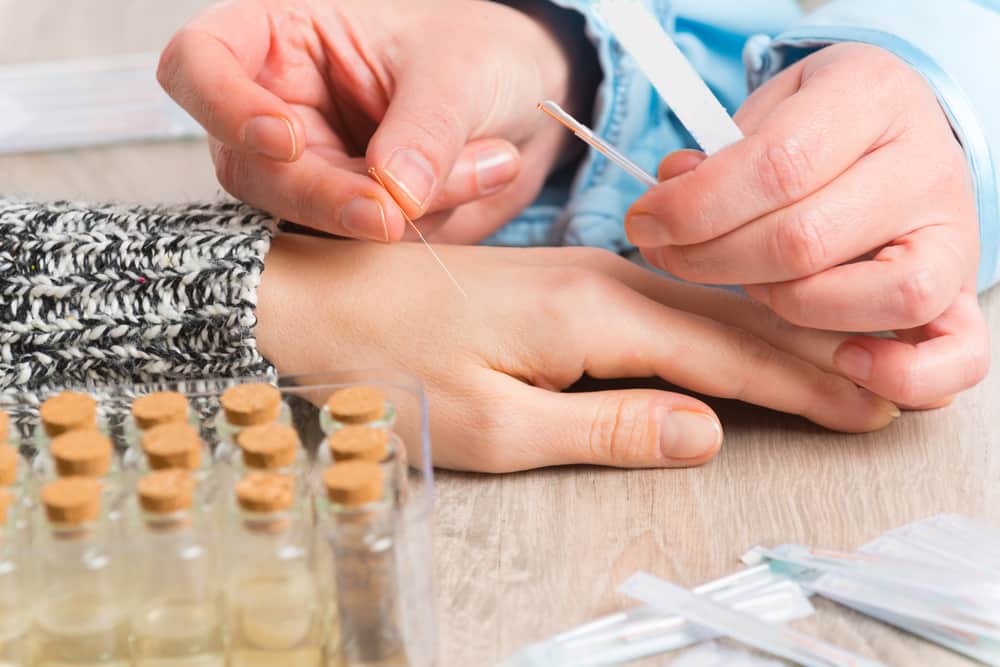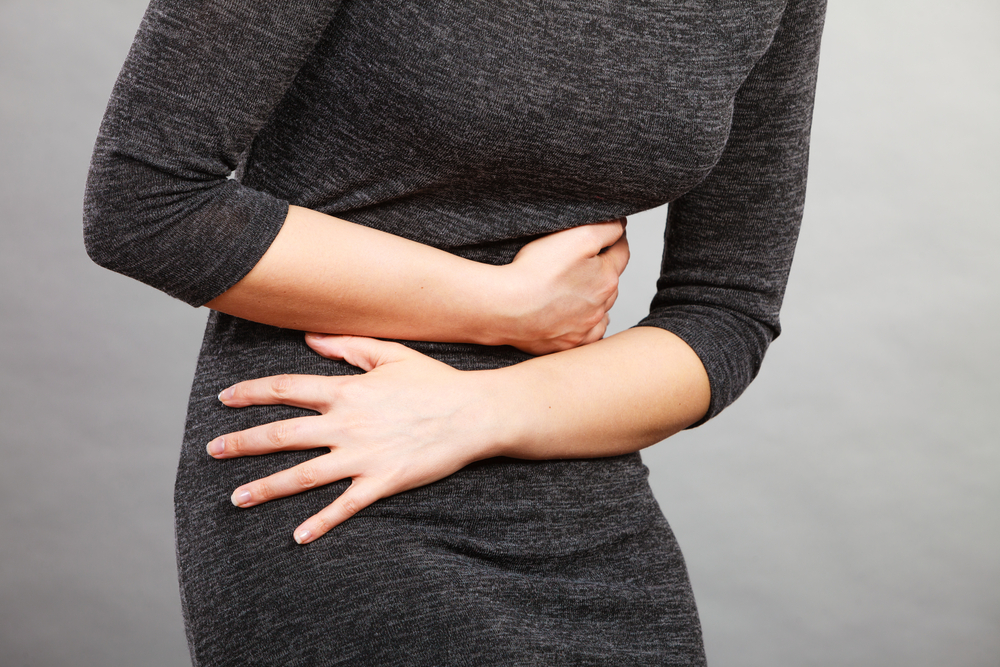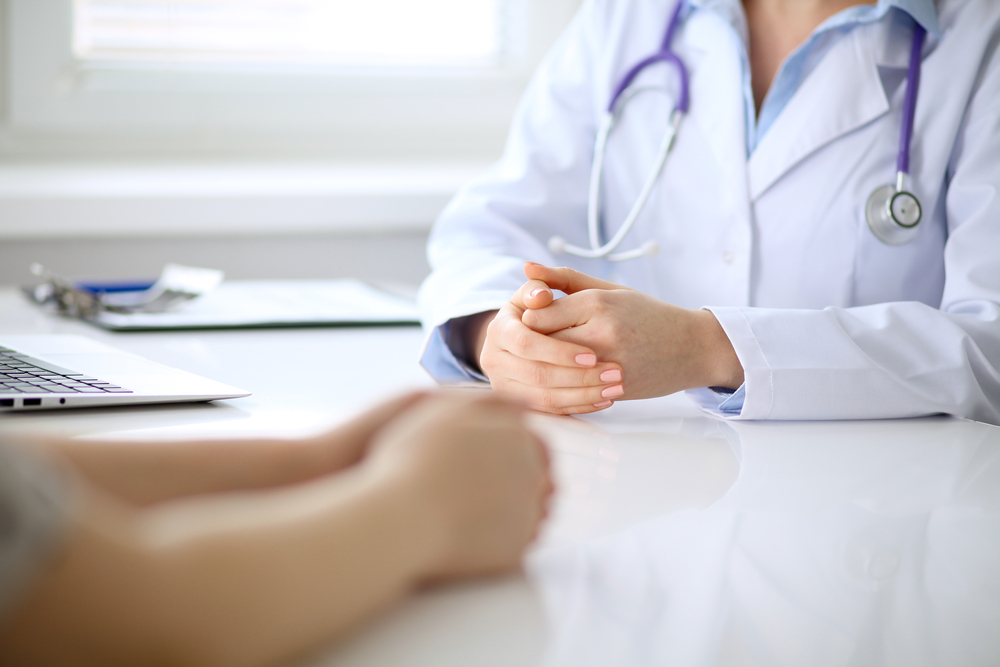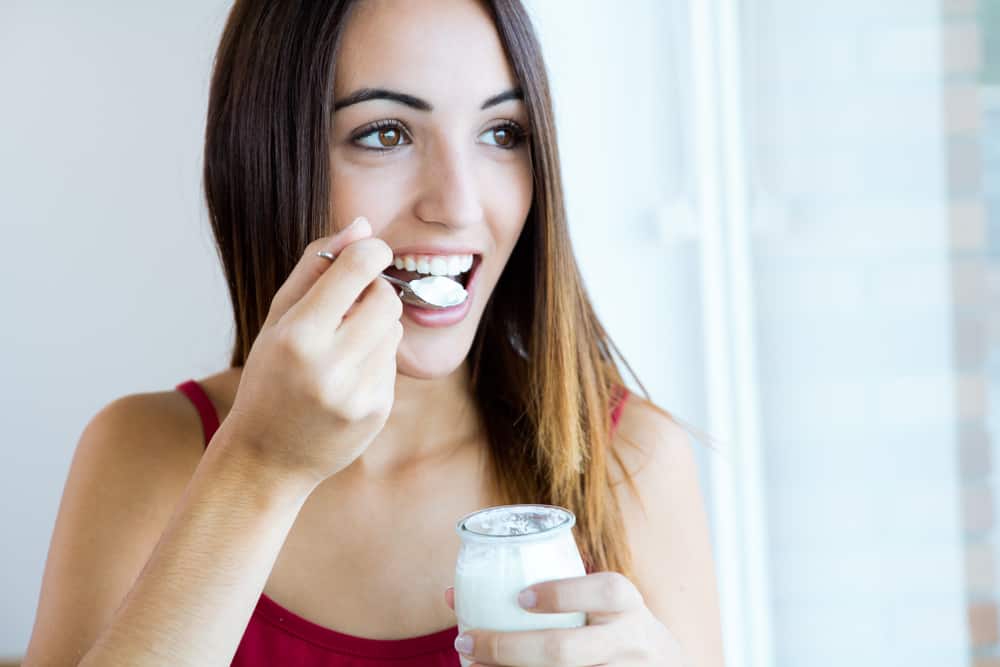Contents:
- Medical Video: Vitamin D Fish Oil not Beneficial for Heart or Cancer (HD) FOR MEDIA
- Is vitamin D related to breast cancer?
Medical Video: Vitamin D Fish Oil not Beneficial for Heart or Cancer (HD) FOR MEDIA
Vitamin D is a group fat-soluble prohormone (substances that have only a little hormonal activity but can be transformed by the body into hormones). Vitamin D helps the body use calcium and phosphorus to make strong bones and teeth. Skin exposed to sunlight can produce vitamin D. Vitamin D can also be obtained from certain foods. Vitamin D deficiency can cause bone fragility called rickets in children and osteomalacia in adults.
Vitamin D can be obtained from sun exposure. Sources of food can include fatty fish, fish liver oil, and eggs. However, vitamin D is most commonly found in milk, juice, and cereal. Vitamin D can also be obtained from supplements.
Is vitamin D related to breast cancer?
Studies have found that vitamin D can reduce the risk of heart disease, fractures, and even depression. Now, recent research has shown that breast cancer patients with more vitamin levels in the blood tend to survive than patients with low vitamin levels.
Research experts found that women with breast cancer who had low vitamin D levels had twice the risk of cancer return, and almost twice the risk of death compared to women who had high vitamin D levels.
Animal data found a potential anticarcinogenic effect on calcium and vitamin D in the development of breast cancer. Higher calcium and vitamin D intake can be associated with a reduced risk of breast cancer before menopause. Protection for non-menopausal women is more aimed at aggressive breast tumors.
The experts found that women with low vitamin D levels were more susceptible to breast cancer, where breast cancer patients with high vitamin D levels had a lower mortality rate of 50%. Vitamin D metabolism enhances communication between cells by activating proteins that stop aggressive cell division. During the presence of vitamin D receptors, tumor growth can be prevented from spreading blood supply.
Therefore, vitamin D is believed to have an important role in protecting breast cancer, where vitamin D makes cells in the breast more "smart" because there are vitamin D receptors in the breast tissue, and vitamin D can bind to these receptors. This can cause cells such as oncogenes to die or stop growing. What's more, cancer cells cannot spread to other parts of the body.
Other studies have shown a link between vitamin D levels and breast cancer recurrence, tumor size, and death from breast cancer. These things contribute to results where having enough vitamin D can avoid worsening the cancer condition.
However, the relationship between breast cancer and vitamin D is very complicated, not fully understood, and still in the research process. Another study found a dose-response relationship, where every increase in vitamin D levels in the body, there was a reduced risk of breast cancer. Most studies are observational studies, so researchers cannot ascertain whether vitamin D can prevent breast cancer or not.
Although most people rarely have high vitamin D intake, it is important to remember that excess intake of any nutrient, including vitamin D, can cause toxic effects. Too much vitamin D can be dangerous because it increases calcium levels, which can cause calcinosis (calcium salt buildup in soft tissues such as kidneys, heart or lungs) and hypercalcemia (high levels of calcium in the blood). The maximum level of vitamin D intake that is safe for adults and children over 8 years is 100 μg per day (4000 IU per day).
Poisoning from too much vitamin D is more common due to excessive consumption of vitamin D supplements, compared to foods containing vitamin D. Excessive sun exposure will not cause vitamin D poisoning. But do not increase vitamin D production by increasing sun exposure because it can cause risk of skin cancer. Always consult a doctor before taking vitamin D supplements.
Hello Health Group does not provide medical advice, diagnosis or treatment.

